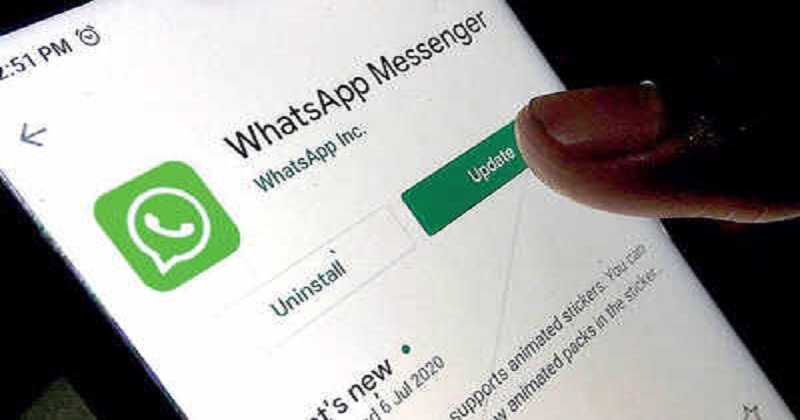
Between a furious dispute over secrecy given by messaging platforms like WhatsApp, terrorist groups and their handlers from Pakistan are changing to different applications which comprise of one generated by a Turkish company. The three new applications came to light after evidence was obtained following confrontations with terrorists or those who capitulated before the Army gave particulars about their form of radicalization by Pakistan-based terrorist groups, they said. The names of the messaging apps have been denied for security reasons.

While one of the applications is held by a company based in the United States, the second is from Europe. The latest is an application developed by a Turkish company that has been often used by terrorist group handlers and their promised volunteers in the Kashmir valley. The latest applications have the capability to operate with the most delayed internet connections where Enhanced Data for Global Evolution (EDGE), adopted in the late 2000s, or 2G is in operation. The government had postponed the internet across Jammu and Kashmir after the abolition of the special status of the erstwhile state in August 2019. Early last year, 2G internet services were revived.
Terror groups had practically stopped using WhatsApp and Facebook Messenger. Later, it was discovered that they have changed over to new applications obtainable free of cost on the world wide web, a security official said. All encryption and decryption occur straight on the devices, therefore, diminishing third-party intervention at any point and these apps employ the encryption algorithm RSA-2048 which was utilized as the most reliable encrypted platform.

RSA is an American Network Security and Authentication company that was established in 1982 by US-born Ron Rivest, Israeli-born Adi Shamir, and US-born Leonard Adleman. The acronym RSA is adopted worldwide as the base key in the cryptosystem. One of the latest messaging apps used by terrorists to radicalize the youth in the Valley does not even demand phone numbers or emails for facilitating complete user anonymity. Terror groups have been frequently using these to correlate with their handlers in Pakistan. The discernment of this technology was revealed in 2019 when demand was conveyed to the United States to seek information from a service provider of virtual SIMs practiced by a Jaish-e-Mohammed suicide bomber in the attack on a CRPF convoy in Pulwama that left 40 personnel dead.
Read more; Football legend Cristiano Ronaldo faces charges for violating Covid protocol
Though a thorough inquiry made by the National Investigation Agency and other security agencies showed that over 40 virtual SIM cards were managed in the Pulwama attack solely, and there are apparently more of them drifting in the Valley’s cyberspace, the officials said. It is a reasonably new mode of operation wherein terrorists from beyond the border are managing virtual SIM cards produced by a service provider based in a foreign country. In this technology, the computer creates a telephone number and the user requires to download an application of the service provider on his or her smartphone to use it.

Post Your Comments